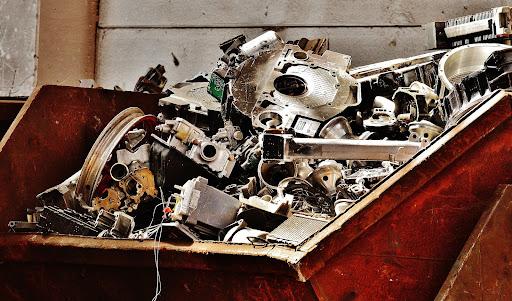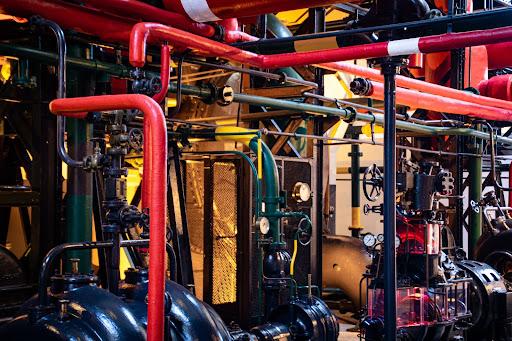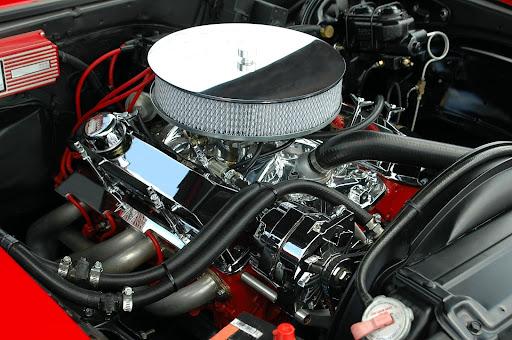Neodymium Magnet Information
-
Military Weapons & Rare Earth Magnets Used In Defense Applications
The United States military considers rare earth magnets, namely samarium cobalt and neodymium magnets, to be a key resource for defense and attack applications. That means they’re willing to spend an exorbitant amount of money to stay “on top” in terms of military defense and performance in the eyes of the world. Continue reading → -
Hump Magnets & Half-hump Magnets For Vertical Flow
For industries that move high volumes of product, specifically mining operations that separate ferrous tramp metal in a free-falling conveyor system, you’re likely to use hump magnets and half-hump magnets; however, magnetic humps are also used in the food industry and are particularly useful with products and material that clump or aggregate easily. How Does it Work? Both designs, full... -
Industry Round-up, Part 2: That Can & Do Use Magnets: Recycling, Food Processing, and Mining
And, we’re back! Welcome to part 2 of our industry round up. Last week, we delved into some of the industries that make use of the power of magnets, including the automotive industry, construction, and packaging. This week, we’re talking about another trio of industries — recycling, food processing, and mining. It turns out, they actually have quite a bit in common. Continue reading → -
Industry Roundup, Part 1: Magnets Used In Automotive, Construction, and Packaging
Magnets are extremely versatile, offering advanced solutions in a wide range of industries. We often delve into many of the specific uses of magnets within different industries, but today, we want to share a high-level round-up of different magnetic applications. Magnets can aid in production, transport, information storage, and energy generation — they’re a catch-all product for businesses everywhere. Continue reading → -
Magnets Used for Lifting Manhole Covers
Ever wondered what it takes to lift a manhole cover? Well, if you’re not a Teenage Mutant Ninja Turtle, and you don’t want a serious injury, then it takes a certain amount of leverage or magnets. In this blog, we’re going to cover two different methods used to lift manhole covers, what kinds of magnets are used to make the second, and a low-budget option to retrieve lost tools that slip down, down, down into the sewer. Continue reading → -
Wind Turbines Work With Help From Magnets
Have you ever passed a group of enormous wind turbines and wondered how they work? Aside from wind to turn their fan blades, turbines don’t require a lot; however, they’re highly complex. One thing they do require is strong, permanent magnets like neodymium magnets. Continue reading → -
Aircraft Systems That Rely On Permanent Magnets
Permanent magnets are a staple of the aerospace industry. They’re primarily used in aircrafts’ electric actuation systems. In other words, permanent magnets — namely neodymium magnets — are used in the motors of these driving systems, such as braking, flight control, environmental control, oxygen production, and fuel. Continue reading → -
Magnetic Drive Pump — Magnets in an Industry of Moving Fluids
Magnetic drive pumps are used to move fluids in all sorts of industries. They are the reliable option, regardless of what you’re pumping. As a seal-less technology, they include a drive magnet and inner magnet connected to an impeller to push various fluids through the pump. Magnetic drive pumps prevent leakage, saving you the loss of costly liquids. On a more serious note, if you’re pumping more dangerous liquids, pumps help you prevent damage and injuries. This is especially helpful for businesses because EPA requirements are stricter than ever before. These pumps allow for zero fugitive emissions. They may even save time on maintenance and replacement due to leaks. Continue reading → -
Using Magnets for Your Next Marketing Campaign
No matter the size of your business, magnets can be a powerful tool in your marketing strategy. You can use them to promote products and services in target areas, offer them as merchandise, or provide them as a free gift with purchases. Continue reading → -
Magnets for a Green Economy: Motors and More!
Extensive improvements have been made to electric motors and generators over the years, but for anyone who is imagining a carbon-free future, there’s a long way to go. Continue reading →










